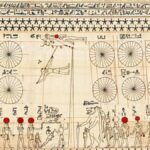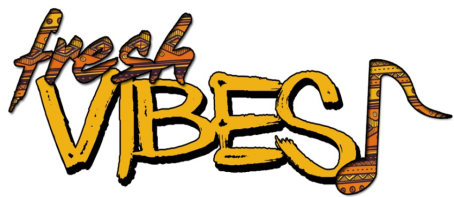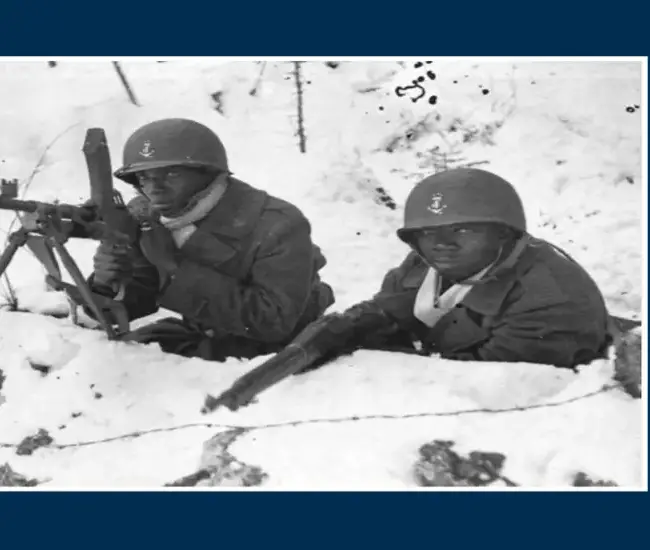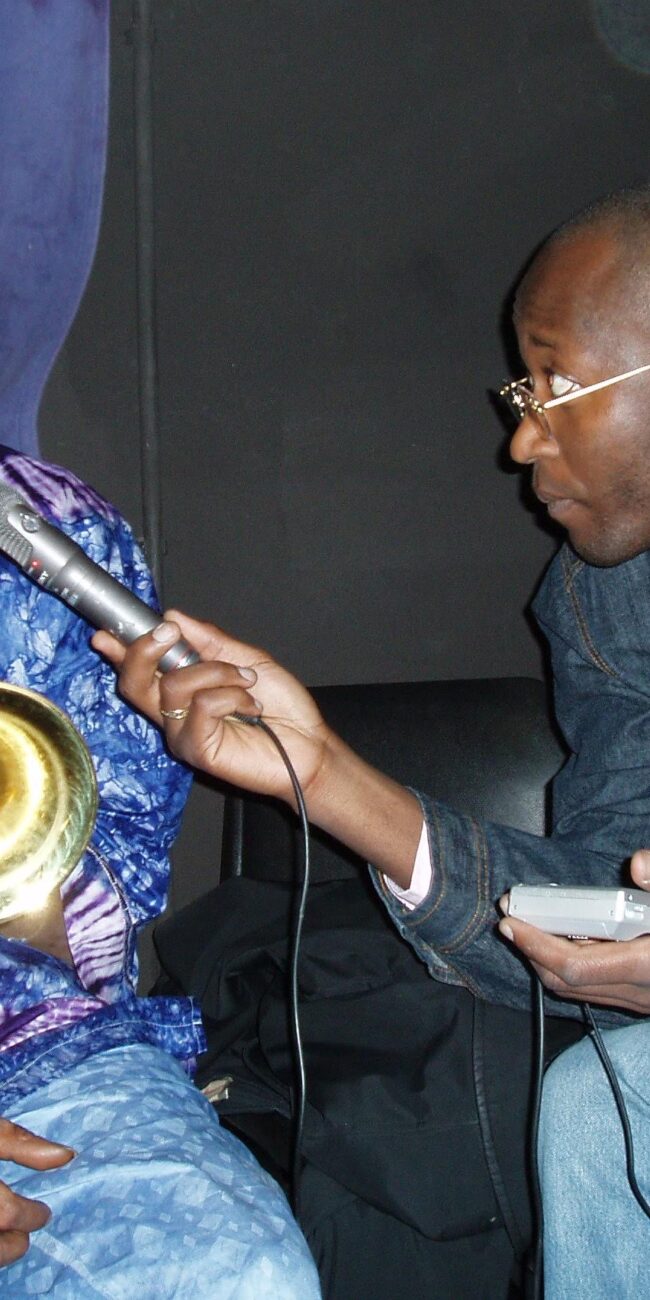
Six problems with african football
The early defeat of all World Cup 2010 participants of the African continent mirrors the mental outcomes of corrupt and Mafia-like sport politics
In African football one believes more in miracles than in long-term work and visions : Over the past four years, the African teams that took part in the South African World Cup have been coached by 24 trainers. No single trainer managed to coach a team for more than three years. Unfortunately in African Soccer there are no teams, but mainly individuals, who exploit the WC-stage in order to perform a „One-Man-Show“. Cameroon is a clear example of this: the team revealed itself as undisciplined, ineffective and very unstable in its performance even before the World Cup. At the Klagenfurt training camp the team was unable to create a feeling of collectiveness and unity. This permanent condition of the team has been known since the ‘90s. However no one is interested in bringing order out of the chaos. Chaos indeed, is the essence of the current autocratic football politics in Africa.
The interference of corrupt politicians and mafia networks : A lack of infrastructures has impeded the rise of the younger generations. Moreover politicians use their power to interfere in football. In Cameroon the team’s coach only plays a marginal role. It is politicians and at times statesmen, who mainly decide on the composition of the teams. Since the ‘90s a network of corrupt politicians, criminals and other economically interested parties has formed around the national football team in Cameroon. Countless examples of other African countries prove that the situation is no different elsewhere. A current example of political interference: the Nigerian president and statesman Goodluck Jonathan intends to reform the national football team and has decided to ban the team from all international competitions for the coming two years on the grounds of the team poor performance.
The alienation of African football and neo-colonialism : Five out of six trainers of African teams, excluding Algeria, are of European origin. Thus one can assume that African countries, fifty years after having achieved their so-called independence, are still not able to believe in themselves. Apparently the involvement of national coaches in African teams is still not conceivable today.
Furthermore the presence of European trainers in African countries has far reaching consequences: European coaches continue to convey a colonial image in football schools, where football talents are “produced” for European clubs. Young African football talents serve as fresh supply for European Clubs. What happens to national leagues is irrelevant. This leads to a depreciation of African football leagues and to an extremely fragile national consciousness. Trainers are often able only to convey their own understanding of football. Said clearly: a French coach will never be able to preach a German football philosophy. Almost all African teams are trained by different coaches with different philosophies.
Depreciation of African football leagues : African players, who play in national leagues have almost no chance of playing for the national team. Such a depreciation of the national league pushes players to emigrate. During the last FIFA World Cup, the South African Soccer team was the only one in which the majority (14 out of 23 players) of the team also played in the national football league. In the Ivory Coast and Cameroon teams only one player came from national clubs.
In Algeria no single soccer player of the national team played for the national league.
Lack of national consciousness : In comparison to soccer players of the ‘80s and ‘90s, players today rather risk their feet for their employer i.e. European football associations, who pay them well, than for their own national team, if one does exist. During the preparations for the World Cup 2010, Samuel Etoo of Cameroon preferred doing an advertisement for one of his sponsors, instead of training with his national team. A clear sign of lacking patriotism linked to great impudence that only emerges when those who are responsible do not need to make amends.
As stated by the political scientist from Cameroon Achille Mbembé living in South Africa – „Every national soccer team is the image of the country it represents, the reflection of its culture, the way it is organised and its weaknesses. In this case, the conclusion is simple: so many opportunities and yet so many wrongdoings against the background of moral weakness and collective powerlessness.“
Migration as the only way to success : Since soccer players are not appreciated in national leagues, African soccer players tend to emigrate from their countries. More than 400 African soccer players play in 36 European top-leagues. Nigeria, with its 94 soccer players abroad ranks first, followed by Cameroon with 87 players abroad. Both teams were the last two teams to participate in the South African World Cup. Soccer migration, as discovered by the Organisation Foot Solidaire, partially leads to „Player-Laundering“. Dishonest agents attract young players between the age of fifteen and sixteen to Europe on the grounds of false promises and the intention to exploit them. If the players do not perform as expected, they are simply disregarded and abandoned. Traffickers of soccer players no longer use traditional ways and means, transporting players from an African country to a once occupying country (Nigeria – Great Britain, Cameroon – France). Players are trafficked via Eastern European countries where entry requirements are not so tight. For many European Clubs African players are cheap goods. They are imported to Europe on the sidelines of human trafficking and thanks to the cognisance of high-ranking officials and criminal networks.
simon INOU and Clara Akinyosoye












